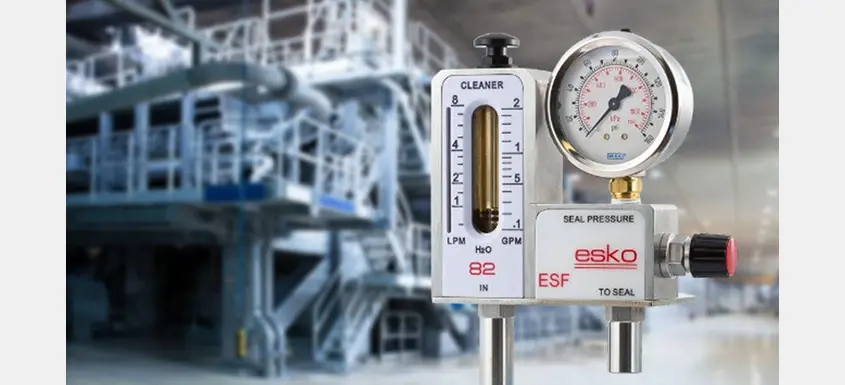As Europe prepares for COP30 in Belém, Brazil, the Circular Choices Coalition—a group of 20 EU trade associations from the forest-based bioeconomy—has renewed its call for stronger recognition of circular solutions in EU climate policy.
Meeting in Brussels last month, the coalition emphasized the growing importance of forest-based industries in helping the EU meet its climate targets through renewable materials, carbon storage, and recyclable products. The group represents over 4 million employees and €520 billion in turnover across forestry, paper, wood products, and bioenergy.
A key achievement for the coalition was the inclusion of the bioeconomy as a strategic sector in the proposed EU Clean Industrial Deal. With the upcoming EU Bioeconomy Strategy, 2040 emissions targets, and a Circular Economy Act expected in 2026, members say now is the time to scale up investments in renewable and circular materials.
“Forest-based industries play a crucial role in restoring the environment, supporting biodiversity, and combating climate change,” said Diana Ürge-Vorsatz, IPCC Vice-Chair. “Forestry can be one of the most sustainable land uses.”
Forest-based value chains already contribute significantly to climate goals. Substituting fossil-based products with wood-based alternatives avoids an estimated 410 million tonnes of CO₂ emissions annually in Europe. EU forests absorb 292 million tonnes of CO₂ per year, and harvested wood products—such as in construction or packaging—store another 320 million tonnes, thanks to recyclability and renewability.
 Source: Cepi
Source: Cepi
“We are part of the solution to the global issue of climate,” said Marco Eikelenboom, CEO of Sappi Europe and Chairman of CEPI. “This represents many opportunities for Europe if we want to embrace the power of our industry.”
The coalition argues that predictable policies and clear incentives are critical to unlock further growth in biomanufacturing. They are also calling for better recognition of carbon stored in products when evaluating climate progress.
“We must not only reduce emissions but also remove CO₂ from the atmosphere,” said Christian Holzleitner, head of land economy and carbon removals at the European Commission. “The bioeconomy offers a unique value chain by capturing carbon, storing it, and reusing it in sustainable materials.”
At COP30, expected to focus heavily on forest-related climate solutions, the EU aims to highlight how forest-based industries can support global emissions targets through nature-based, circular approaches. The Circular Choices Coalition sees this as a pivotal moment to elevate the bioeconomy on the world stage.
About Circular Choices Coalition
The Circular Choices Coalition brings together 14 EU trade associations and six additional forestry groups. It represents industries spanning forestry, wood, paper, and renewable energy, contributing to 806 Mt CO₂-equivalent avoided or stored annually—equal to 20% of the EU’s fossil emissions. The coalition promotes sustainable, circular solutions to support the EU’s transition to a net-zero economy.























































